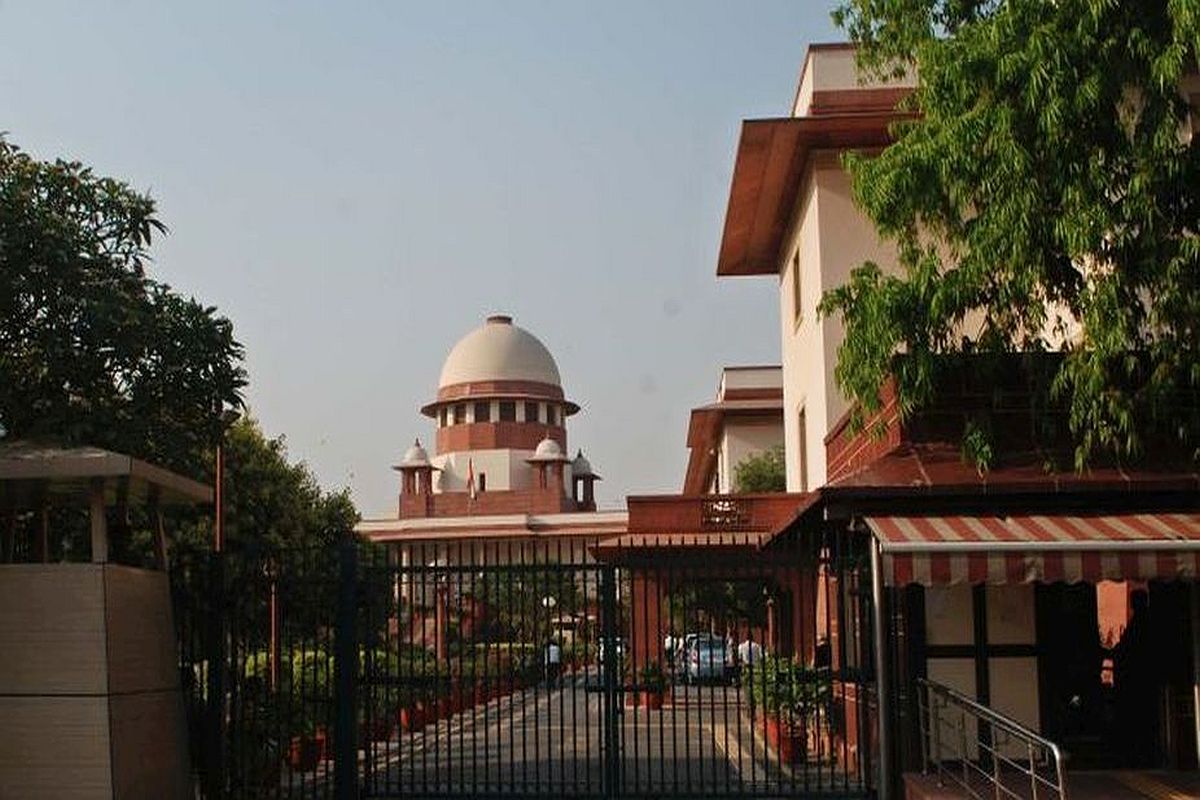The Supreme Court on Friday ordered that a judicial magistrate has the power to direct the accused in criminal cases to give voice samples to probe agencies during investigation.
In a landmark judgement, a three-judge bench headed by Chief Justice of India Ranjan Gogoi said that a judicial magistrate can order an accused to give his/her voice sample even without his/her consent.
Advertisement
The Code of Criminal Procedure (CrPC) does not have provisions that allow judicial magistrates to direct the accused to cooperate with probe agencies by providing voice samples in pending investigations.
The apex court further said that it was exercising its extraordinary constitutional powers under Article 142 of the Constitution to empower judicial magistrates to direct accused to give voice samples.
Till now, the accused were not legally entitled to give their voice samples without their consent.
